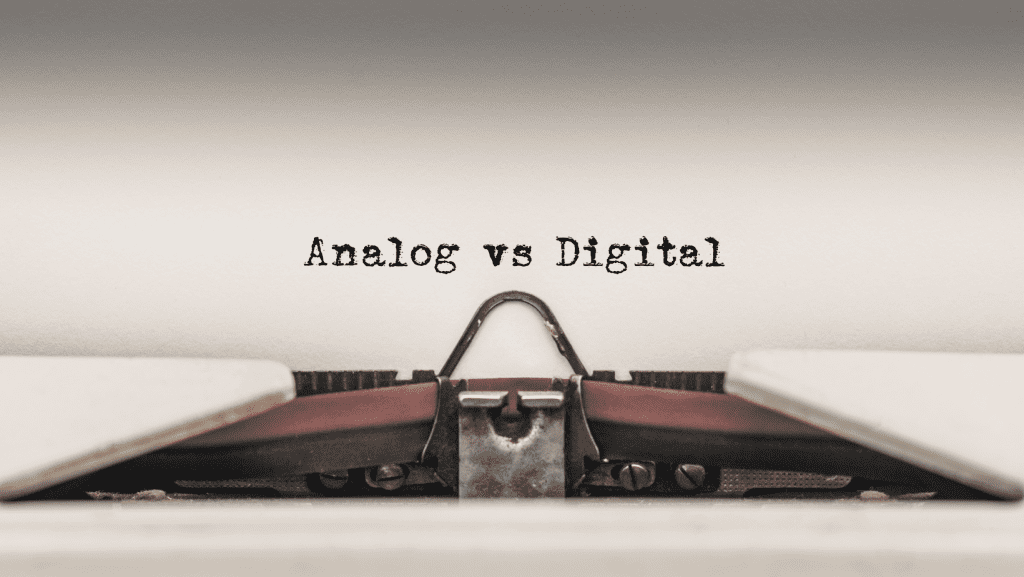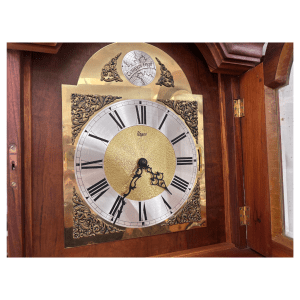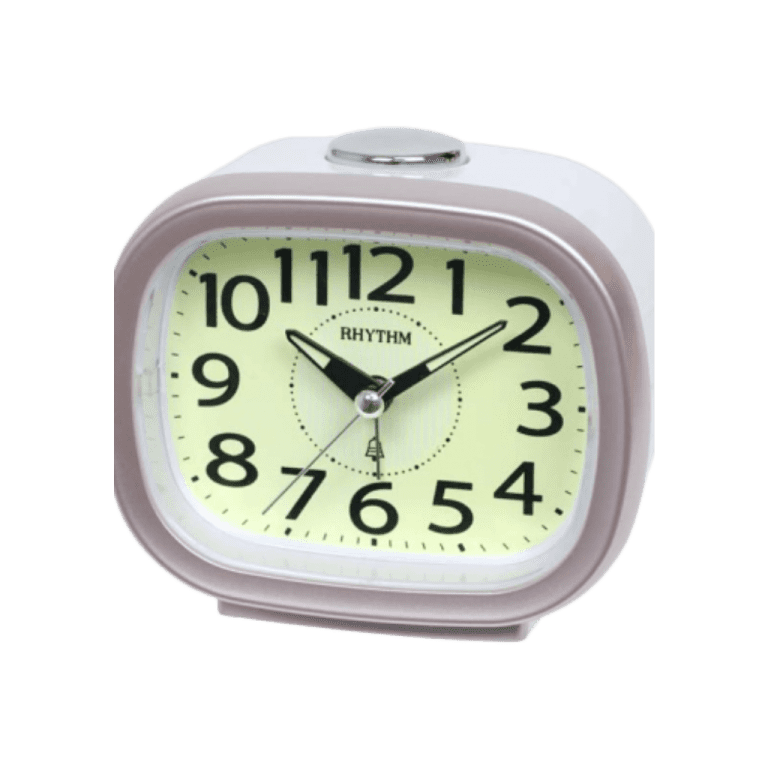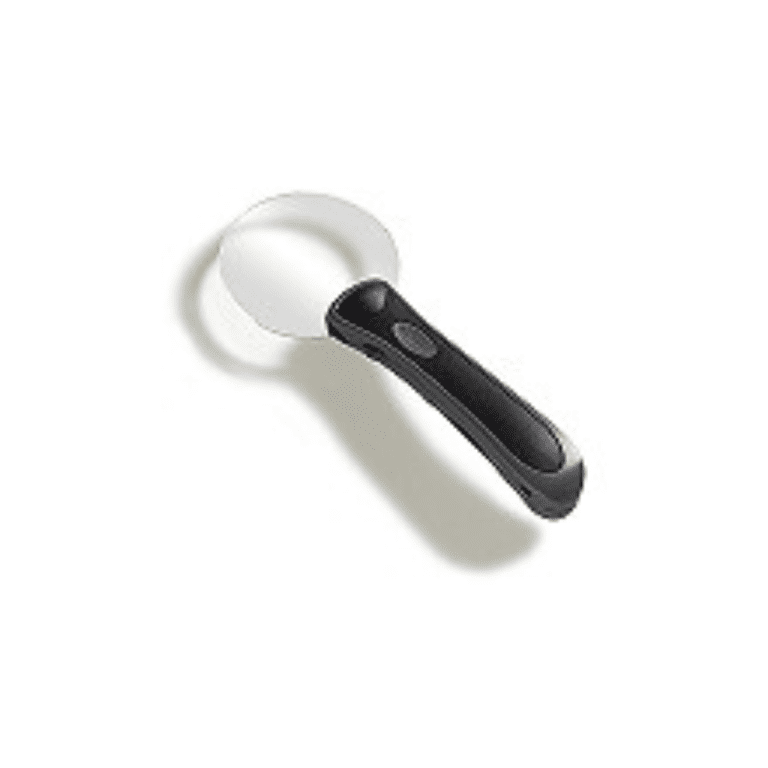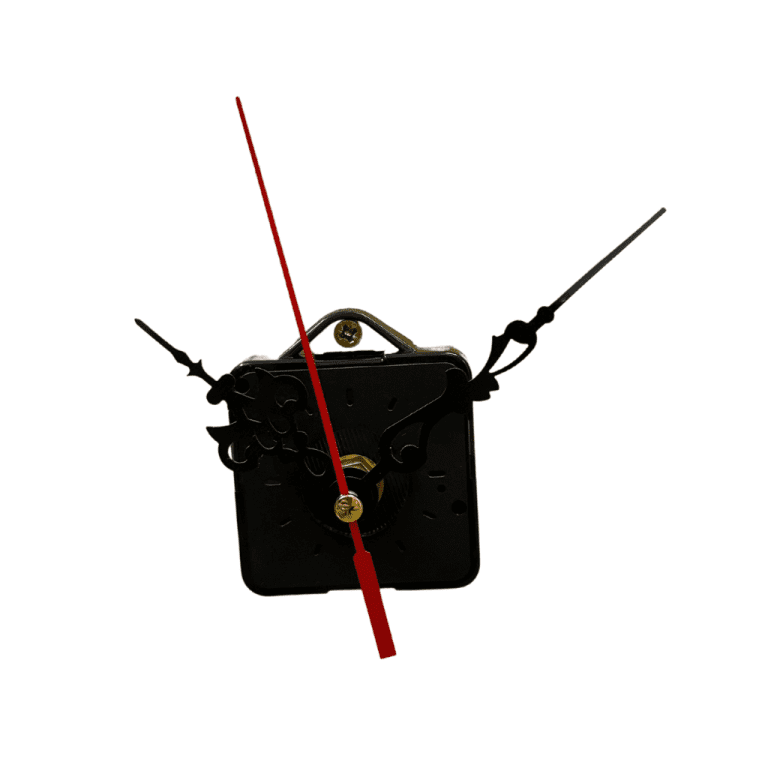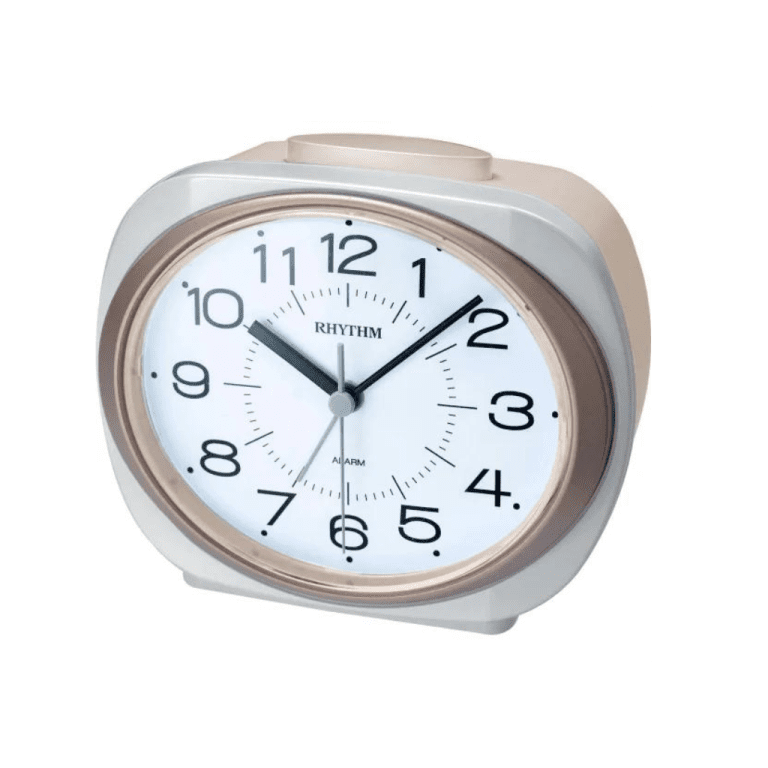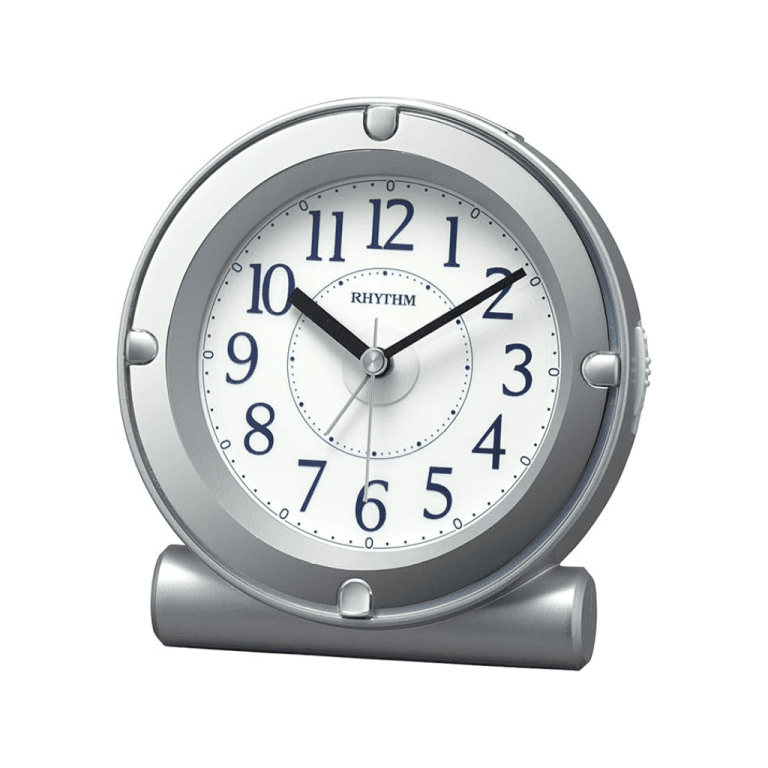In our society that is so dependent on schedules and knowing the time, clocks are everywhere. They’re on the walls of every building, on bedside tables, and on countless people’s wrists. There are two main types of clocks: digital and analog. But which is better, digital or analog clocks? Read this article to find out.
WHAT’S THE DIFFERENCE?
The most obvious difference between analog and digital clocks is their appearance and the way they display time. An analog clock has a face with the numbers 1-12 on it and two hands that point to the hour and minute of the time. Sometimes, analog clocks have a third hand that tracks seconds. A digital clock has a digital screen that displays the exact time in numbers. Both types of clocks are popular, but is one better than the other? Below, we’ll list some pros and cons of analog and digital clocks.
ANALOG CLOCKS
Pros
More Aesthetically Pleasing
Analog clocks come in a variety of styles and look great on a wall. Their classic aesthetic can add to the décor of any room.
Less Distracting
Have you ever found yourself staring at a clock during a boring meeting, tediously watching the minutes pass? Analog clocks take more effort to read than digital ones, which can be good if you don’t want to constantly know the time.
Helpful for Teaching Time Concepts
Analog clocks are a helpful tool in classrooms for teaching young children time concepts like how to read a clock and understand the relation between hours, minutes, and seconds.
Cons
Harder to Read
While you can process the time of a digital clock at a glance, analog clocks take a little extra time to read and process.
Less Accurate
Analog clocks usually give you an estimate of the time. Especially if your analog clock doesn’t have a second or third hand, it can be harder to get an exact reading of the time.
Less Visible in Low Light
If you’ll ever be using your clock in low lighting, an analog clock is not the best option, as most are not backlit and are difficult to read in the dark.
DIGITAL CLOCKS
Pros
More Features
Digital clocks have more features than analog ones. These features include countdown timers, Wi-Fi compatibility, and the ability to synchronize all clocks on a system.
Quick and Accurate Reading
If you need a clock that quickly gives you an easily readable, exact time, a digital clock is the way to go. This type of reading is necessary in certain time-sensitive industries, like the medical field.
Can Be Used in Low Lighting
Most digital clocks have glowing digits, making them easy to read even in low light settings.
Cons
Emit Blue Light
Most digital clocks emit blue light, which can be detrimental to your sleep schedule. A digital clock may not be the best choice for your bedside table.
Distracting for Sleep
If you have a digital clock next to your bed, the light itself may keep you from falling asleep if it is too bright.
May Not Work in Power Outage
Digital clocks are usually powered by electricity, so your digital clock may not work in a power outage.
So, which is better, analog or digital clocks? There’s no objectively correct answer, so weigh these pros and cons and decide for yourself.
Credited to:bigtimeclocks

